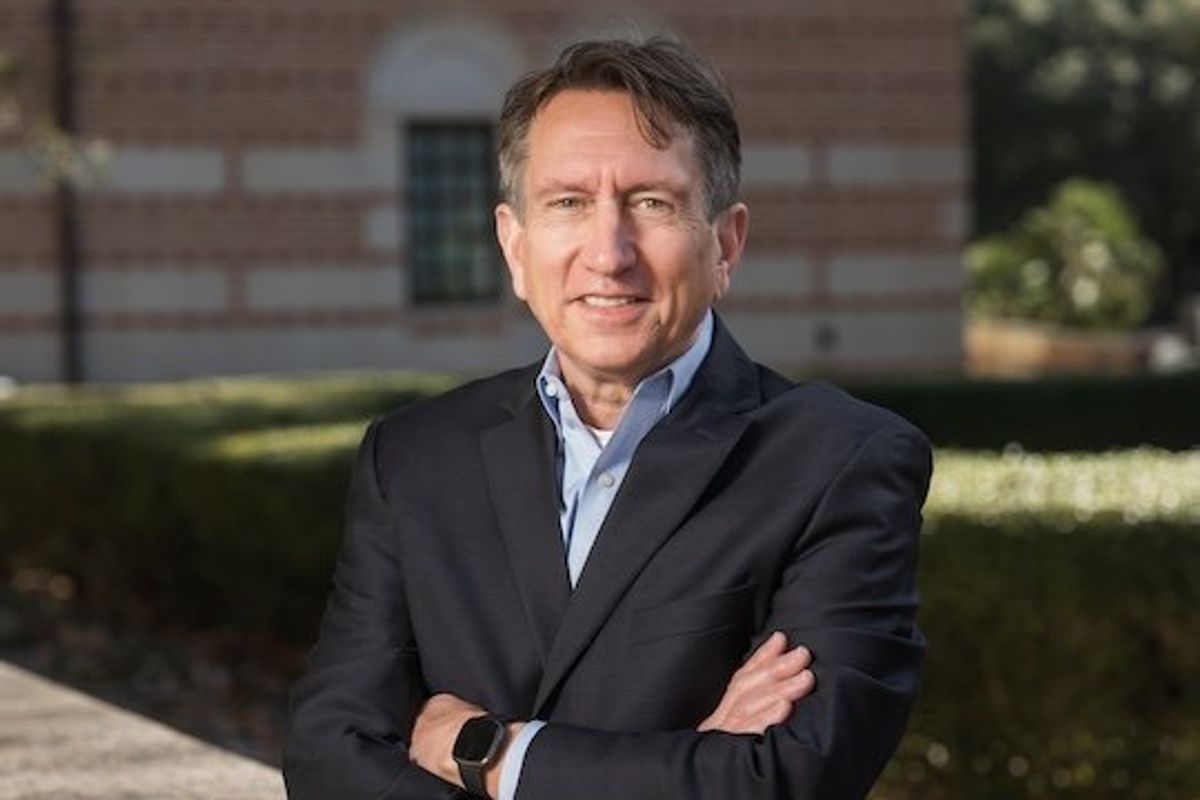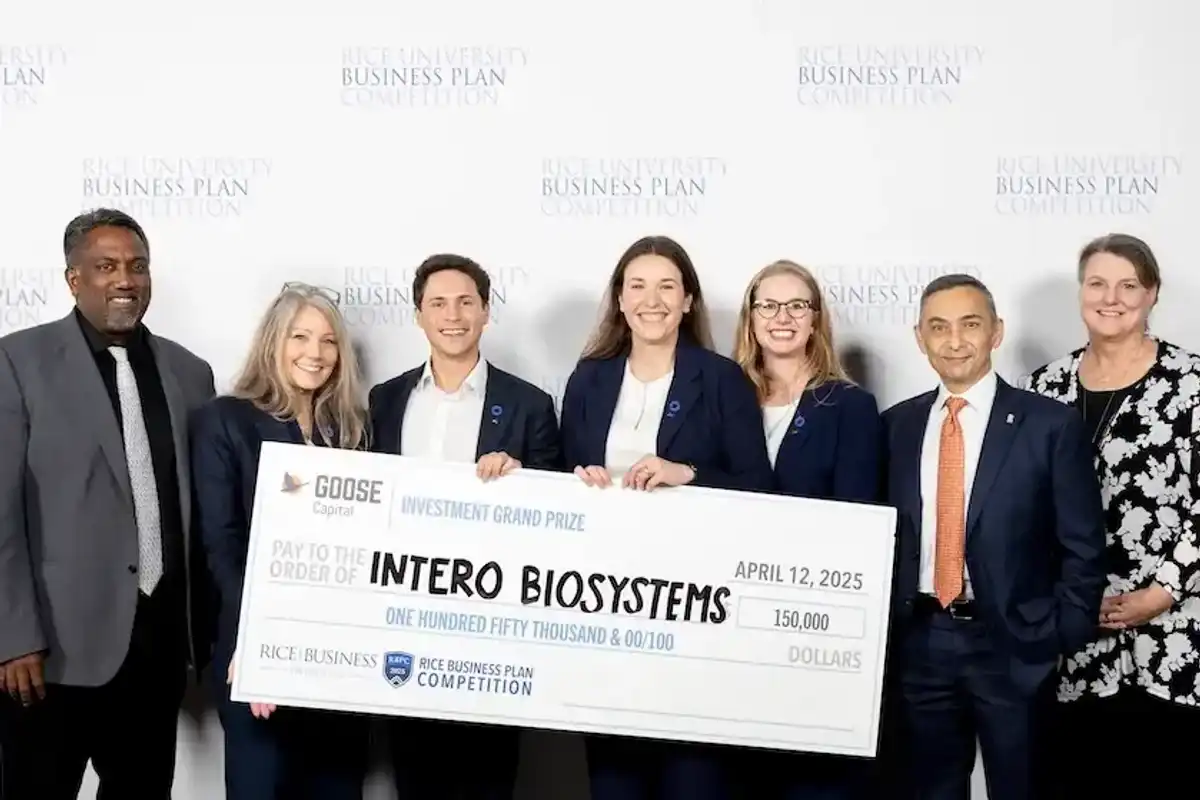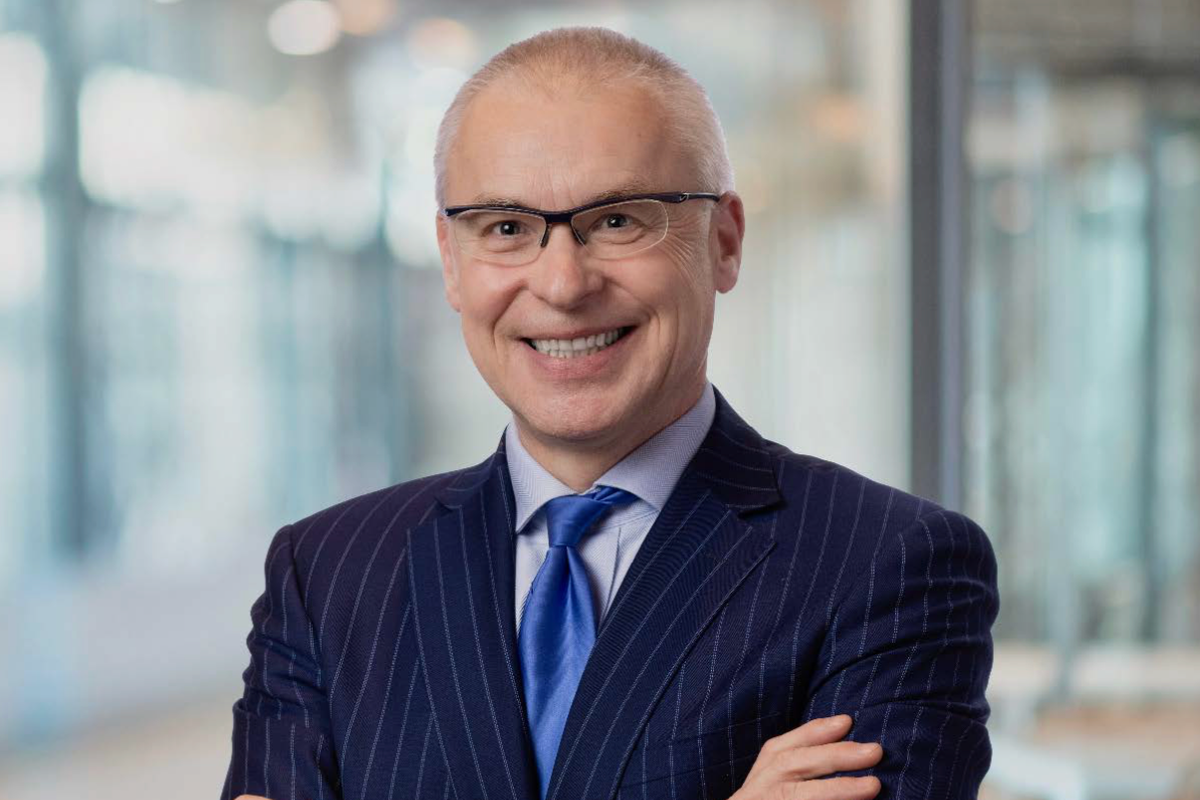$1.5M donation secures new alliance for disaster resilience in Houston
supporting the Bayou City's future
Disaster resilience and recovery efforts in the Houston area are getting a boost.
Thanks to a combined $1.5 million commitment from natural gas company Enbridge and energy company Phillips 66, the Greater Houston Community Foundation, and United Way of Greater Houston have formed the Greater Houston Disaster Alliance.
Enbridge and Phillips 66 are each donating $250,000 annually for three years to finance the alliance. The alliance says it will seek additional funding and partnership opportunities to help ensure the organization’s longevity.
The alliance aims to bolster year-round disaster preparedness in the region. It builds on a partnership worked out two years ago between the foundation and the United Way to coordinate philanthropic responses to Houston-area disasters.
The alliance hasn’t yet named a director. However, it already has begun searching for someone to fill the post, a process that could take several months.
Among the initiatives that the alliance will undertake are:
- Solidifying infrastructure for directing community-wide philanthropic responses following disasters.
- Pursuing partnerships with nonprofits to improve disaster relief..
- Accelerating disaster fundraising and providing seed funding for ongoing resilience and recovery innovations.
- Establishing a council of public and private leaders to mesh disaster resiliency and recovery strategies.
In the event of a major disaster, the alliance will form a separate leadership council to support fundraising.
“When it comes to disasters, it’s only a matter of time before the Houston region will be impacted again, and the Greater Houston Disaster Alliance gives us the opportunity to take a more proactive and effective approach to disaster recovery and resiliency,” Stephen Maislin, president and CEO of Greater Houston Community Foundation, says in a news release.
Every disaster in the Houston area highlights the struggles faced by residents who already were struggling to meet basic needs, according to Amanda McMillian, president and CEO of the United Way of Greater Houston.
“Recognizing the economic peril that many in our community face when disaster strikes compels us to develop the most effective and equitable social service response that we can now. That is why the work of the Greater Houston Disaster Alliance is so important,” says McMillian.
Houston is certainly no stranger to natural disasters. For example, Hurricane Harvey ranks among the worst U.S. natural catastrophes in the 21st century. The 2017 storm caused an estimated $125 billion in damage in Texas and Louisiana, damaged over 200,000 homes and led to more than 100 deaths.
“Harvey was a wake-up call to all of us who set a course for the city’s future,” Houston Mayor Sylvester Turner said in 2018.





